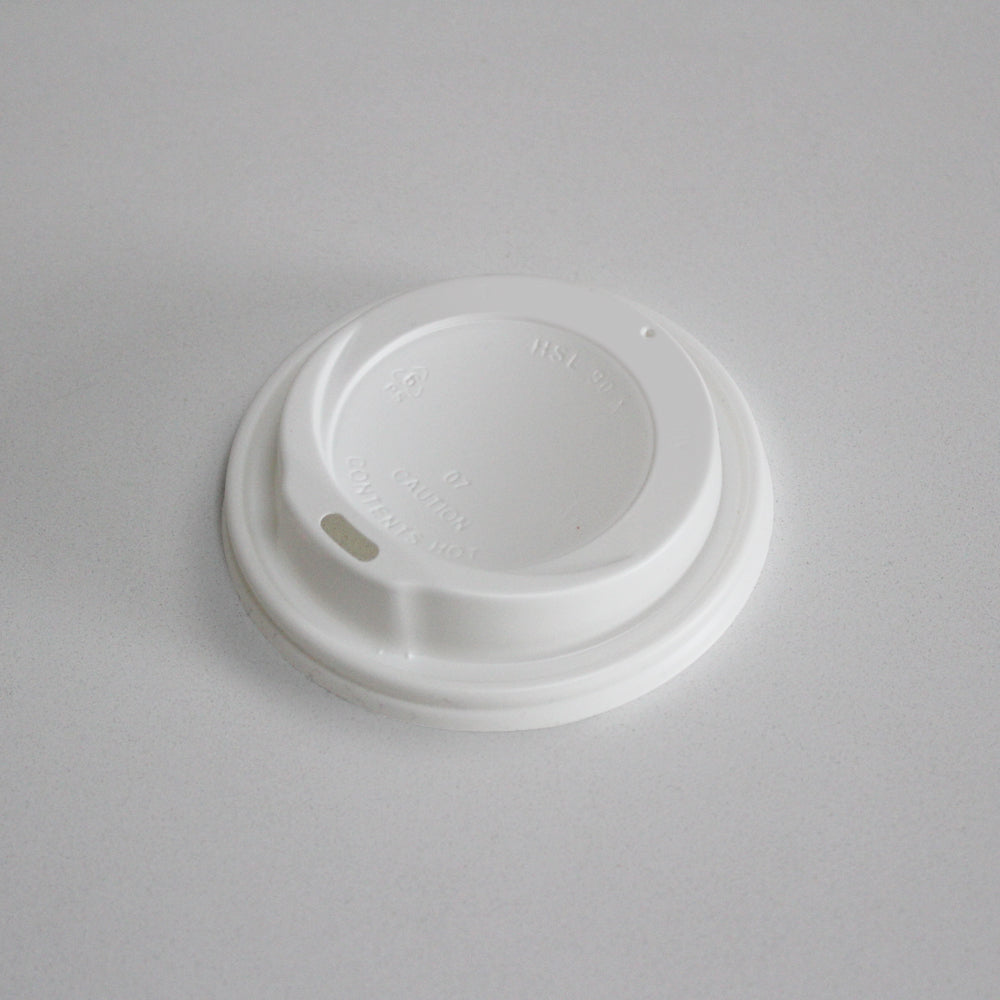The Fascinating World of Sample Cups A Practical Guide
In the vast landscape of scientific research, food services, and various industries, the significance of sample cups cannot be overstated. These seemingly simple vessels play a crucial role in the collection, preservation, and analysis of samples. Whether you are a scientist conducting experiments in a lab, a food manufacturer testing recipes, or a teacher facilitating an interactive classroom activity, sample cups are indispensable tools that enhance effectiveness and efficiency.
What Are Sample Cups?
Sample cups are small containers designed to hold various types of materials, from liquids to solids. They can be made from various materials, including plastic, glass, and metal, each chosen for specific applications. The design of sample cups can vary widely based on their intended use, but they generally feature a leak-proof seal and are often sized to allow for easy handling and storage.
Types of Sample Cups
1. Plastic Sample Cups Lightweight and affordable, plastic sample cups are commonly used in laboratories, field testing, and food services. They come in various sizes, typically ranging from 20ml to 200ml, and are often disposable, which makes them convenient for one-time use.
2. Glass Sample Cups Glass sample cups are preferred in analytical laboratories due to their chemical resistance and ability to be sterilized. They are apt for storing samples that may react with certain plastics and are often used in high-precision measurements.
3. Metal Sample Cups Often used in industrial applications, metal sample cups are durable and capable of withstanding harsh environments. They are ideal for collecting samples that require temperature control or are subject to extreme conditions.
4. Specialty Sample Cups Some industries require unique features, such as graduated markings for measurement, airtight seals for perishable samples, or even color-coded lids for easy identification. Specialty sample cups are designed to meet these specific needs.
Applications of Sample Cups
1. Scientific Research In laboratories, sample cups are essential for conducting experiments and gathering data. Researchers utilize them to contain chemical reactions, store biological samples, or even serve as a reactant vessel in titration experiments.
sample cups

2. Culinary Testing In the food industry, sample cups are often employed for recipe testing or sensory evaluations. Chefs and food scientists can efficiently portion out ingredients, mix samples, and share tastings without a mess.
3. Environmental Sampling Sample cups are crucial in environmental studies for collecting soil, water, and air samples. They provide a reliable means of ensuring that samples are uncontaminated and preserved adequately for analysis.
4. Educational Purposes In classrooms, teachers use sample cups for a variety of experiments and hands-on learning activities. They allow students to engage with scientific concepts practically, making lessons more interactive and memorable.
Best Practices for Using Sample Cups
When utilizing sample cups, it is essential to consider factors such as material compatibility, cleanliness, and proper sealing to avoid contamination. Here are some best practices
- Choose the Right Material Make sure your sample cup is compatible with the substance you are handling. For example, do not use plastic containers for acidic solutions that may react with the material.
- Ensure Cleanliness Always use clean sample cups to prevent contamination. In laboratory settings, employ sterilization techniques when necessary.
- Seal Properly When storing samples, ensure that the cups are tightly sealed to preserve their integrity. This is particularly important for volatile substances that may evaporate or react with air.
- Label Clearly Proper labeling of each sample cup is essential to avoid any mix-ups. Include important information such as the sample type, date, and any relevant notes.
In conclusion, sample cups may seem like minor components in the world of research and industry, but their role is undeniably vital. From scientific applications to culinary explorations, understanding the various types and best practices for using sample cups can significantly impact the success of any project or experiment. By appreciating their importance, we can fully harness the potential that these small yet mighty containers offer.



